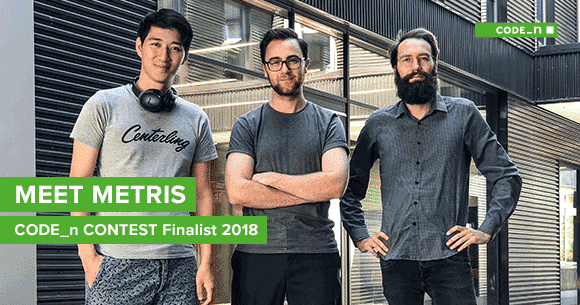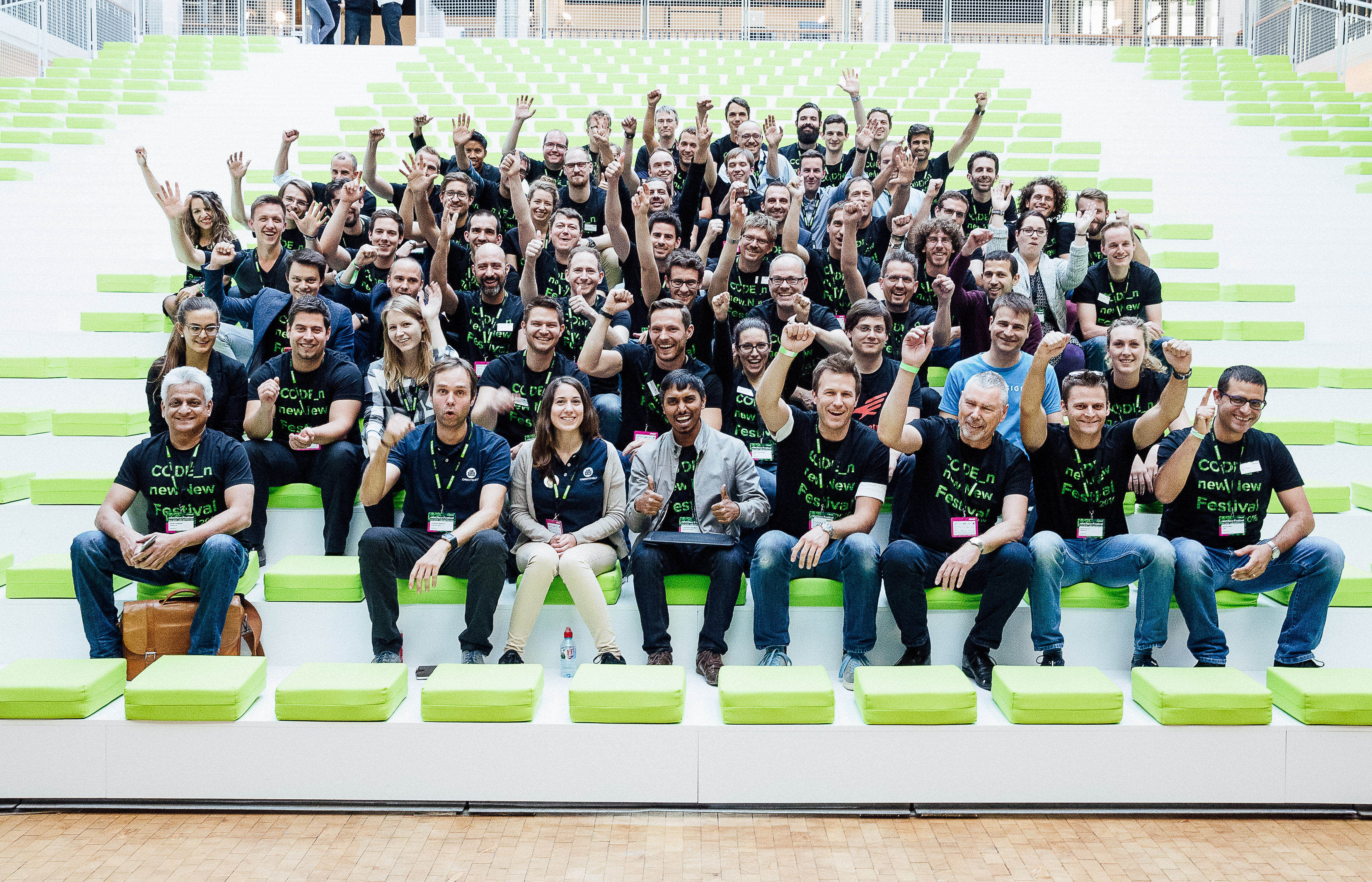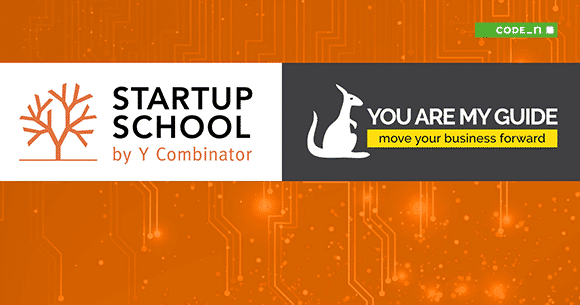MEET OUR CODE_N CONTEST FINALISTS 2018: Metris from Germany
 With so much information circulating, we are in need of a system that can condense and filter information for the human mind. Working on a business research tool that embeds human experience into machine learning is CODE_n CONTEST Finalist Metris. Co-founder Hai Nguyen Mau tells us more about how their algorithm understands business contexts and recognizes relationships and events on a superhuman scale and speed.
With so much information circulating, we are in need of a system that can condense and filter information for the human mind. Working on a business research tool that embeds human experience into machine learning is CODE_n CONTEST Finalist Metris. Co-founder Hai Nguyen Mau tells us more about how their algorithm understands business contexts and recognizes relationships and events on a superhuman scale and speed.
Jessica: What is metris.io all about?
Hai: Each day countless hours are spent doing desk research to understand companies, markets, and technologies. Typically, an in-depth analysis of a single company can take many hours. When looking at complete markets, the problem is even worse. Most of the time is spent searching, skim reading, and evaluating information.
metris combines semantic technology with machine learning and natural language processing to analyze qualitative information (i.e. unstructured text) and documents to pull together the most relevant information. We absorb sources such as business news, websites, blogs, job posts, court rulings, and business registers. Our algorithms understand business context and recognize relationships and events on a superhuman scale and speed. Based on this, users can gain a fundamental data-driven understanding of what is really going on in a particular industry, market, or company. Ultimately, our algorithms enable analysts, decision-makers, and consultants to spend more time on joining the dots rather than finding them.
Jessica: How did you come up with the idea?
Hai: We started working on this idea as a team during a hackathon in Zurich in 2015. We were surprised to come second with our idea, which was to create a collaborative internet research notebook powered by knowledge graphs. The idea at the time was born mostly out of personal experience with similar problems to the ones we face today: the tools that were available weren’t powerful enough to help us understand information as quickly as we would have liked.
Since then, we’ve interviewed a lot of people and refined the product vision. We want to create tools that generally empower people to make better use of information and understand complex issues and markets. Now that we’ve concluded our university studies we’re focussing on introducing our ideas to the real world.
Jessica: What are you trying to solve?
Hai: The information that’s available on the internet is increasing exponentially in nature. This trend is being reinforced by new people coming onto the internet and the global trend toward digitalization. The other issue is the way we absorb and process information today. It’s highly manual and human-centric.
Given this, there obviously has to be some sort of system that can condense and filter information for the human mind. If we don’t find this system, we will either miss out on important information or won’t have the time to analyse important information properly. And this problem will only get worse with time.
Jessica: How do you contribute to disruption in your field? What are the future trends in data analysis?
Hai: Our mission at metris is to enable access to knowledge on a broad scale by building state-of-the-art business research tools. Most business research is currently carried out manually. That means information is collected by using text searches (i.e. using internal knowledge tools, traditional databases, or Google) and then someone has to traipse through the reading, work out what it all means, and then evaluate a large volume of information. This wastes a large amount of cognitive energy, as people try to process what is essentially noise.
Until now artificial intelligence has mainly been seen as something that completely separates humans and machines. Either a task can be fully automated and can be completely carried out by algorithms (such as a self-driving car, credit score calculation, etc.) or a task can generally only be handled by humans (e.g. creating original artwork, strategic decision-making, medical care). But if you can build a system that focuses on augmenting human intelligence – something that doesn’t just try to optimize the process and make it more accurate, but is actually based on discovery, understanding, and creativity – we could push the boundaries of human capability.
Instead of simply applying supervised learning and clustering, we work on a system that embeds human expertise in the form of dynamic knowledge graphs and concept embeddings into our machine learning system. This way we can better understand and interpret text, concepts, or relationships, and this understanding can be extrapolated into large volumes of data. We build several systems with expert knowledge embeddings whereby several specialist algorithms can evaluate different aspects (technology, business, culture) or different industries (insurance, automotive, agriculture) into agents to cooperate and ultimately support a decision maker. Ultimately, we believe in a future where humans don’t just train algorithms, but machines also return the compliment and help humans, resulting in a self-reinforcing cycle.
Jessica: Thank you for the interview, Hai!
Meet Metris at the new.New Festival 2018this fall, in Stuttgart!






Write a comment